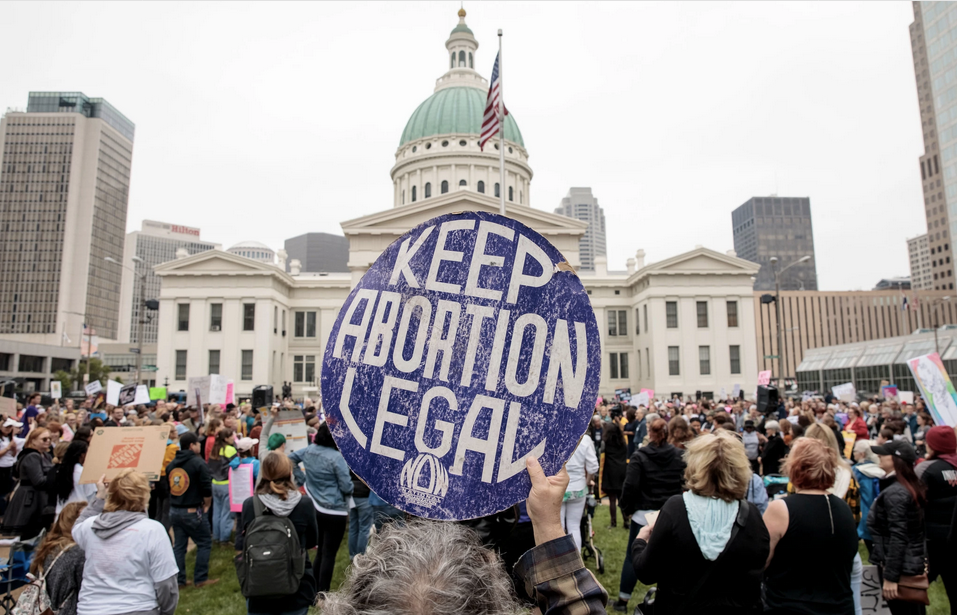In this threatening time for reproductive rights in America, a dark milestone is looming: Planned Parenthood announced on Tuesday that it would most likely be forced to stop providing abortions at its clinic in St. Louis, the last abortion clinic in Missouri, making it the only state in the country with zero abortion clinics.
The ending of abortion care in St. Louis would make clear that while Roe v. Wade, the 1973 Supreme Court decision that legalized abortion in the United States, continues to protect the right to abortion in all 50 states, that is becoming a right in name only in many places. What good is a legal right to abortion if a woman can’t get one?
Missouri had been one of six states with just one abortion clinic, after lawmakers and officials approved a tsunami of regulations that shut down the other facilities or forced them to stop providing abortions. The Supreme Court opened the door to such hurdles with its 1992 decision Planned Parenthood v. Casey, which both reaffirmed and modified the core of Roe, announcing that states may not impose an “undue burden” on a woman seeking an abortion. Opponents of the procedure have tested the court’s definition of “undue burden” ever since.
Anti-abortion measures in Missouri include strict limits on the use of private and public insurance to cover abortion, a ban on the use of telemedicine to administer abortions by medication, a parental consent requirement for minors, a mandate that doctors counsel patients in a way that’s meant to dissuade them from getting an abortion, and a mandatory 72-hour waiting period. And, as of last year, the state requires that abortion providers have admitting privileges at a hospital within 15 minutes of their clinic — a burden that reproductive health experts agree is medically unnecessary.




